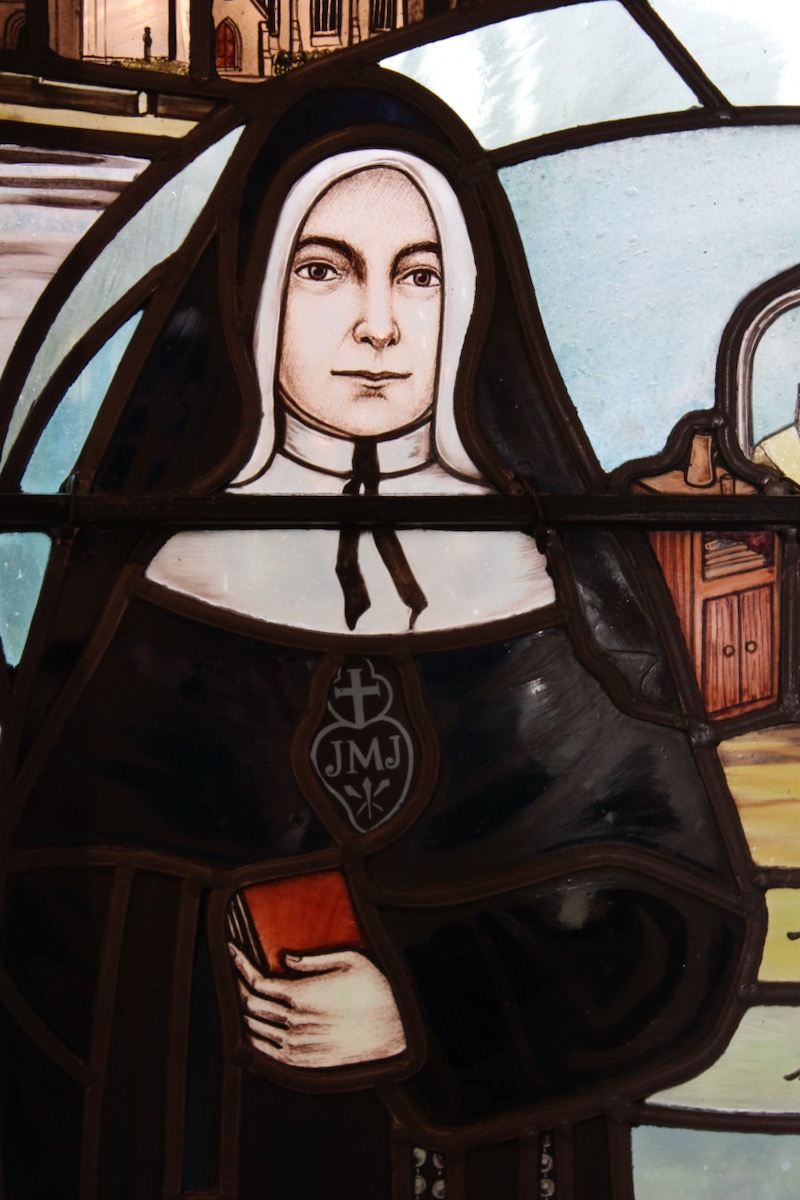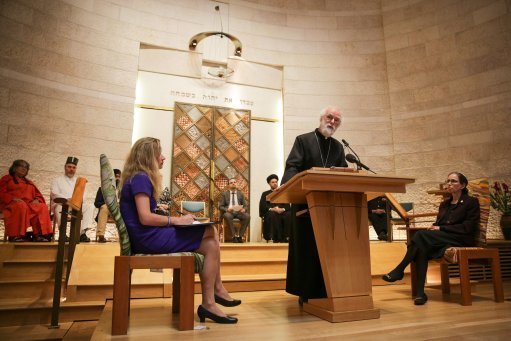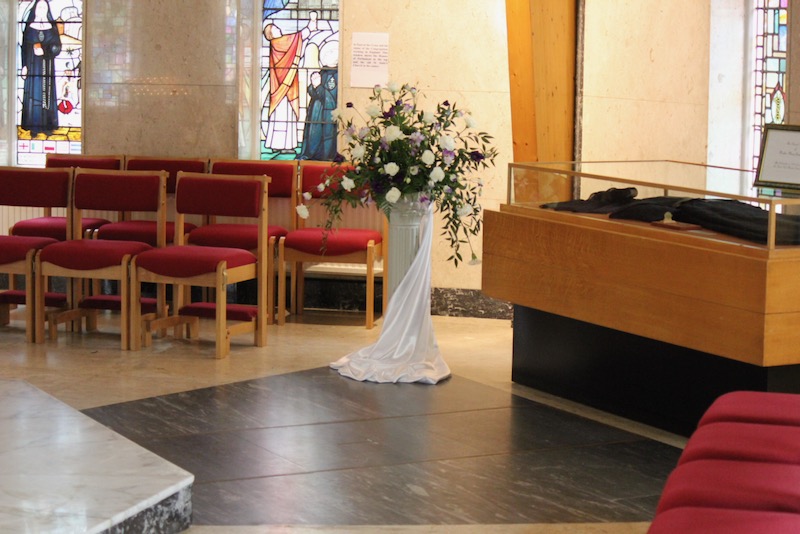Pope Francis has moved 19th century British nun Elizabeth Prout closer to sainthood after declaring her venerable.
Prout, or Maria Giuseppa di Gesù, who founded the Congregation of the Sisters of the Holy Cross and of the Passion of Our Lord Jesus Christ, was born on 2 September 1820 in Shrewsbury and died in Sutton on 11 January 1864.
The Congregation for the Causes of Saints formally promulgated a decree recognising that Prout lived a life of “heroic virtue”.
This means the Church has finished its theological and historical investigations into the life and work of the so-called “Mother Teresa of Manchester”. Two miracles are needed as supernatural signs from God that Mother Elizabeth is a Saint.
The first will lead to her beatification, when she will be given the title “Blessed” and the second will lead to her canonisation.
Archbishop of Liverpool Malcolm McMahon said he would like to see her shrine in St Helens become a place of prayer for her canonisation.
He said: “I am delighted that the Holy See has further recognised the holiness of Mother Elizabeth Prout, foundress of the Sisters of the Cross and Passion.
“Her contribution to the Church and people of England and further afield in the education and healthcare through the institutions she founded and the Sisters of the congregation continues to show the care of the Catholic Church for those in need.”
Bishop of Shrewsbury Mark Davies was that Mother Elizabeth’s heroic service to poor people who were afflicted by outbreaks of cholera and typhoid was exemplary in this age of Covid-19.

A stained glass window near the tomb of Elizabeth Prout.
Passionist Sister Dominic Savio Hamer, the author of Elizabeth Prout: A Religious Life for Industrial England, said: “This is wonderful news for Congregation of the Sisters of the Cross and Passion of Our Lord Jesus Christ.
“She loved Our Lord so much and also knew so much suffering in her own life and was conversant with the bad social conditions in which so many people lived in Manchester that she will be an ideal person to pray to in our difficulties today.”
In a homily at a Mass in Shrewsbury Cathedral to mark the bicentenary of her birth on September 2nd 1820, Bishop Davies had described Mother Elizabeth as an “educational pioneer” who founded schools for the industrialised poor and refuges for factory girls as she “dedicated her life to the service of the most abandoned”.
He said she was inspired by her Catholic faith to confront “the most degrading situations with the confidence of the revolution which flows from Christ’s command: ‘Love one another as I have loved you’.”
The Bishop expressed the hope that Mother Elizabeth would be recognised for her witness to the inviolable dignity of all human life, which he described as the “labour of her life”.



 Loading ...
Loading ...